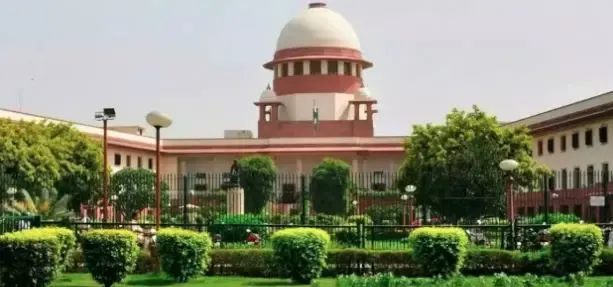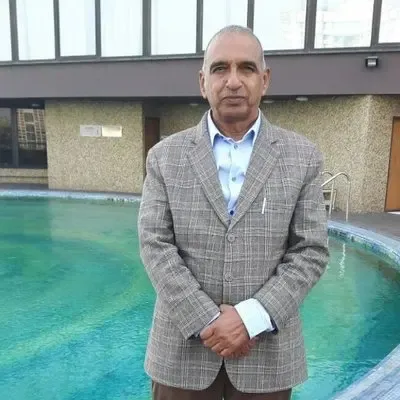Kerala Appeals to SC for Swift Resolution on Governor's Bill Assent Delay

Synopsis
Key Takeaways
- Kerala seeks Supreme Court intervention.
- Governor's inaction on bill assent criticized.
- 15 months without approval raises constitutional concerns.
- Similar Tamil Nadu case influences proceedings.
- Urgency in handling legislative bills emphasized.
New Delhi, March 25 (NationPress) The state of Kerala on Tuesday requested the Supreme Court to swiftly address its plea concerning the Governor's inaction regarding assent to bills passed by the Assembly.
Representing the Kerala government, senior advocate K.K. Venugopal informed a bench led by Chief Justice of India (CJI) Sanjiv Khanna that after more than 15 months, the President's office communicated on Monday the rejection of two bills.
In response, CJI Khanna, considering his upcoming retirement in May this year, suggested that the matter should be presented before a different bench.
"Please submit the mentioning slip. I will refer it to another bench due to the timelines," the CJI stated.
Venugopal requested that Kerala’s plea be heard by a bench led by Justice J.B. Pardiwala since that bench had previously reserved its judgment on a comparable case from Tamil Nadu, which argued that the Governor has assumed the role of a political rival to the legitimately elected state government.
"We will take a look," CJI Khanna remarked.
The petition from the Tamil Nadu government raised a legal issue regarding whether the Governor is required to approve a bill that has been returned after withholding assent and subsequently passed again, either with or without amendments.
In Kerala's scenario, seven bills were sent to President Droupadi Murmu by former Governor Arif Mohammed Khan after their re-adoption in a special Assembly session. The plea argued that by delaying the bills presented to him for such extended periods, the Governor is violating the constitutional provision that mandates bills be dealt with "as soon as possible".
The writ petition emphasized that the phrase "as soon as possible" in Article 200 of the Constitution implies that pending bills should not only be processed within a reasonable timeframe but also require urgent attention without any unnecessary delay.









